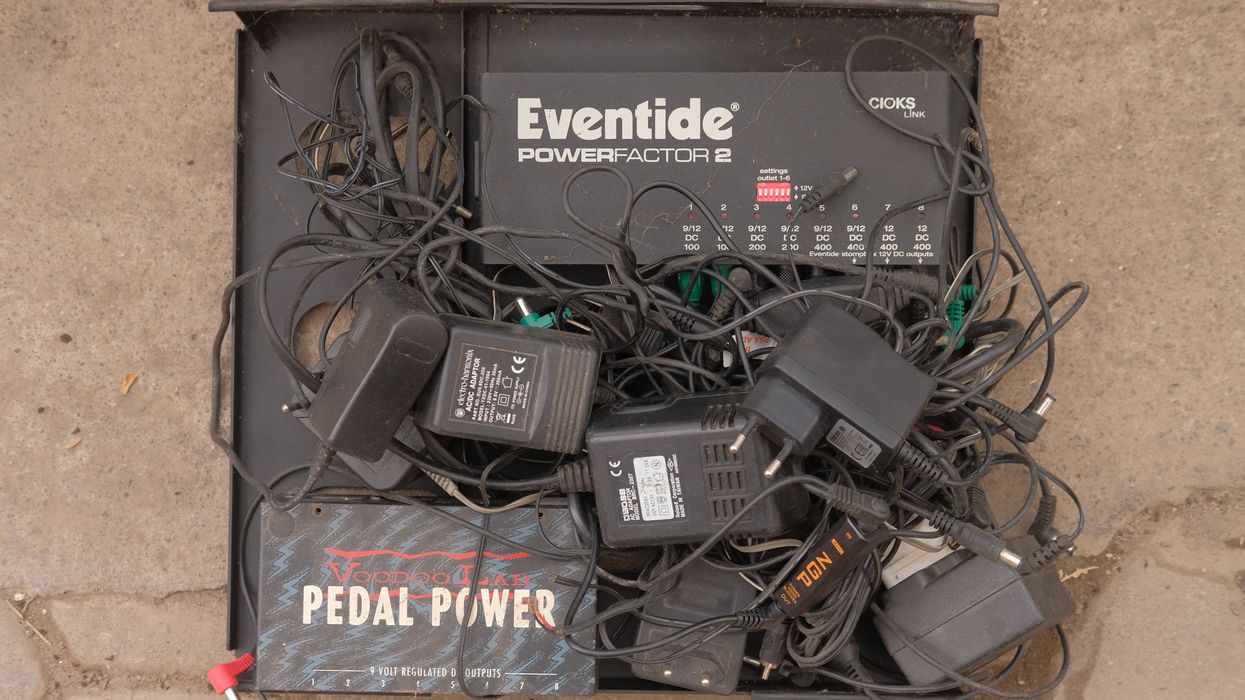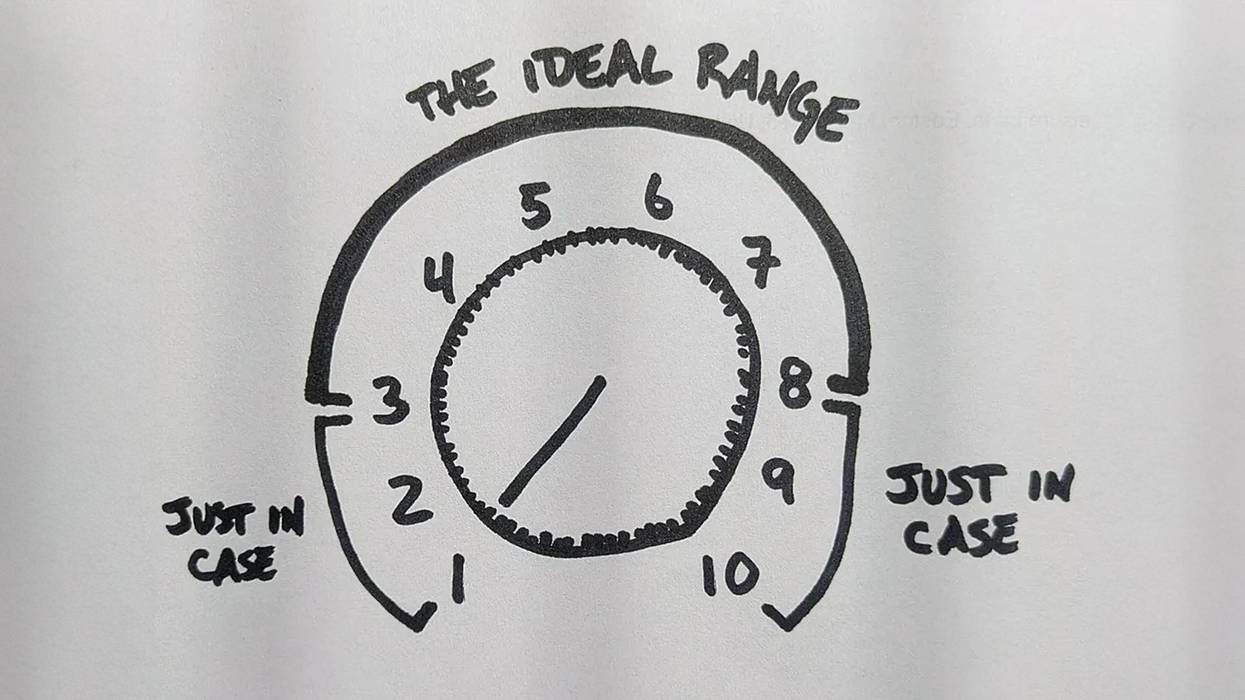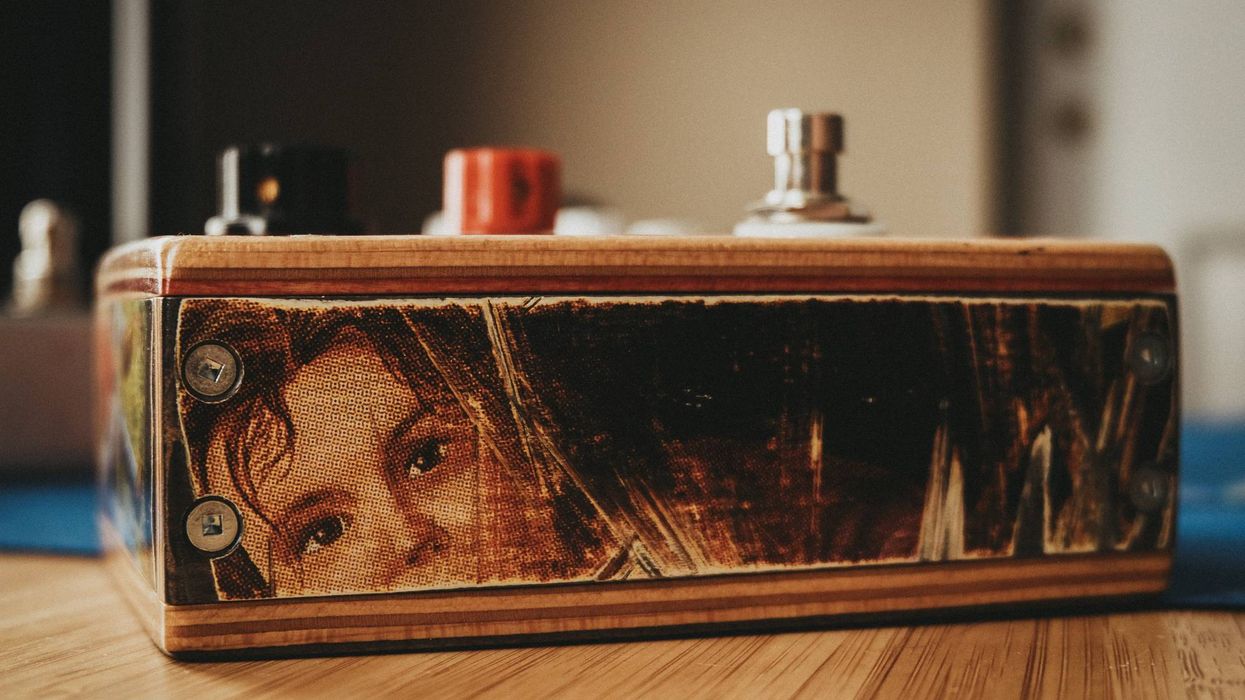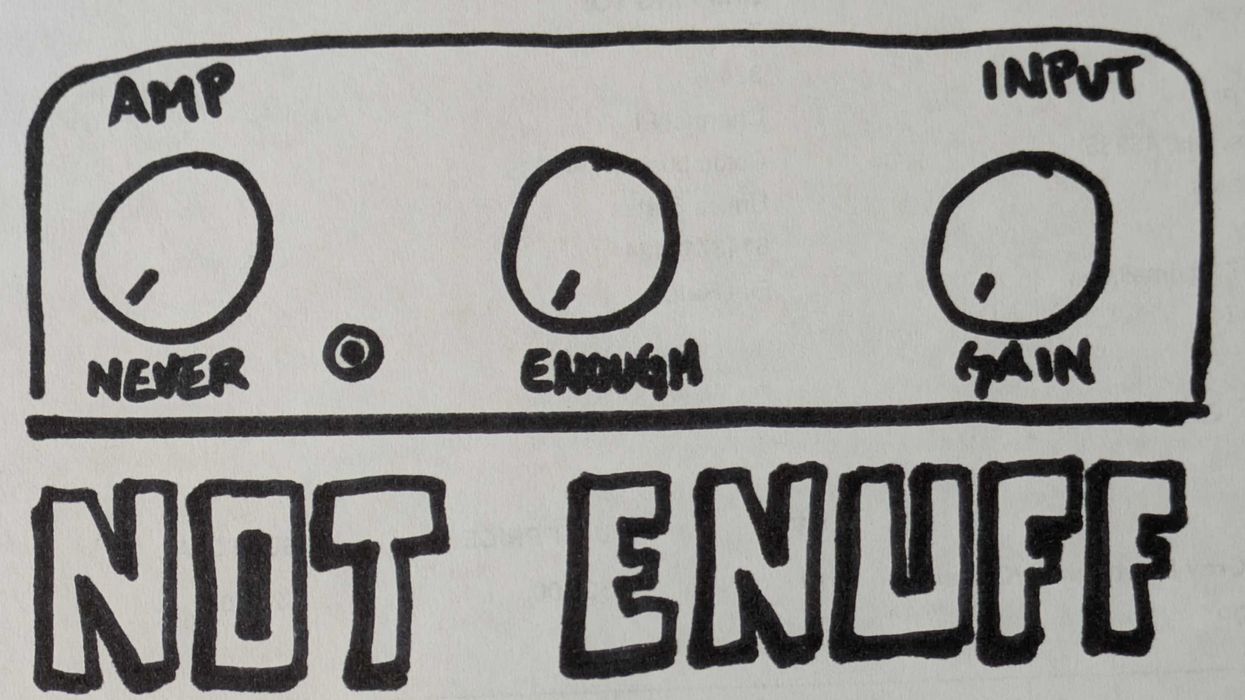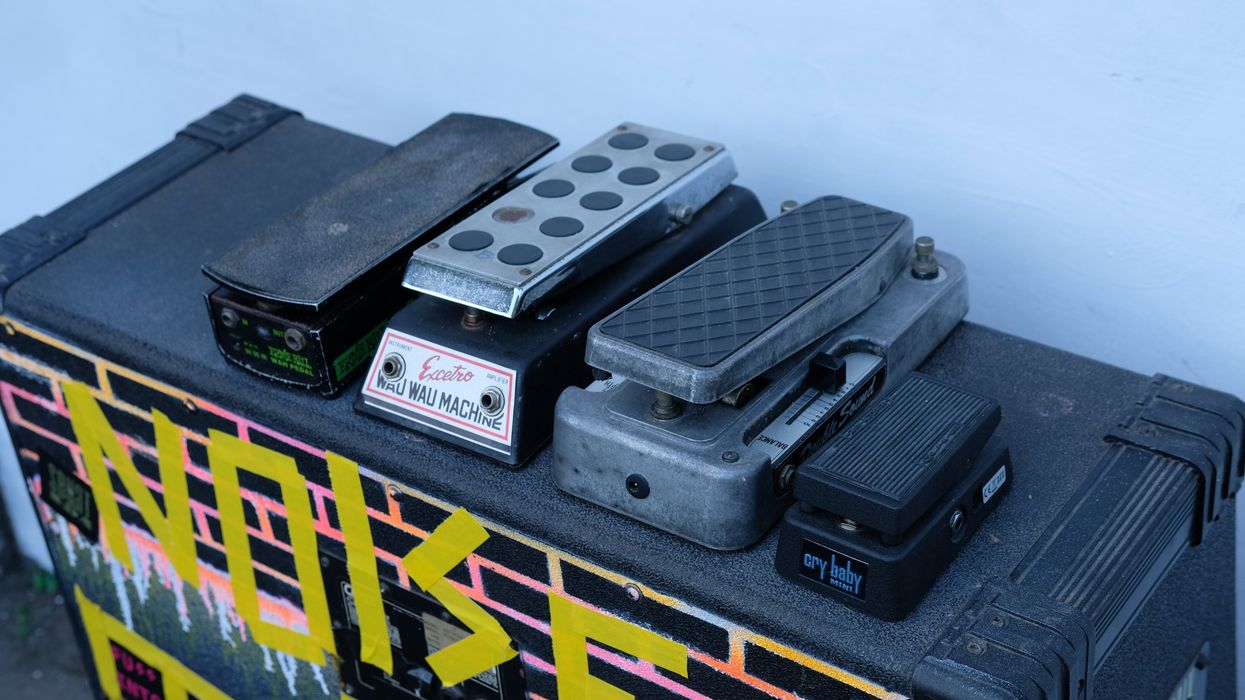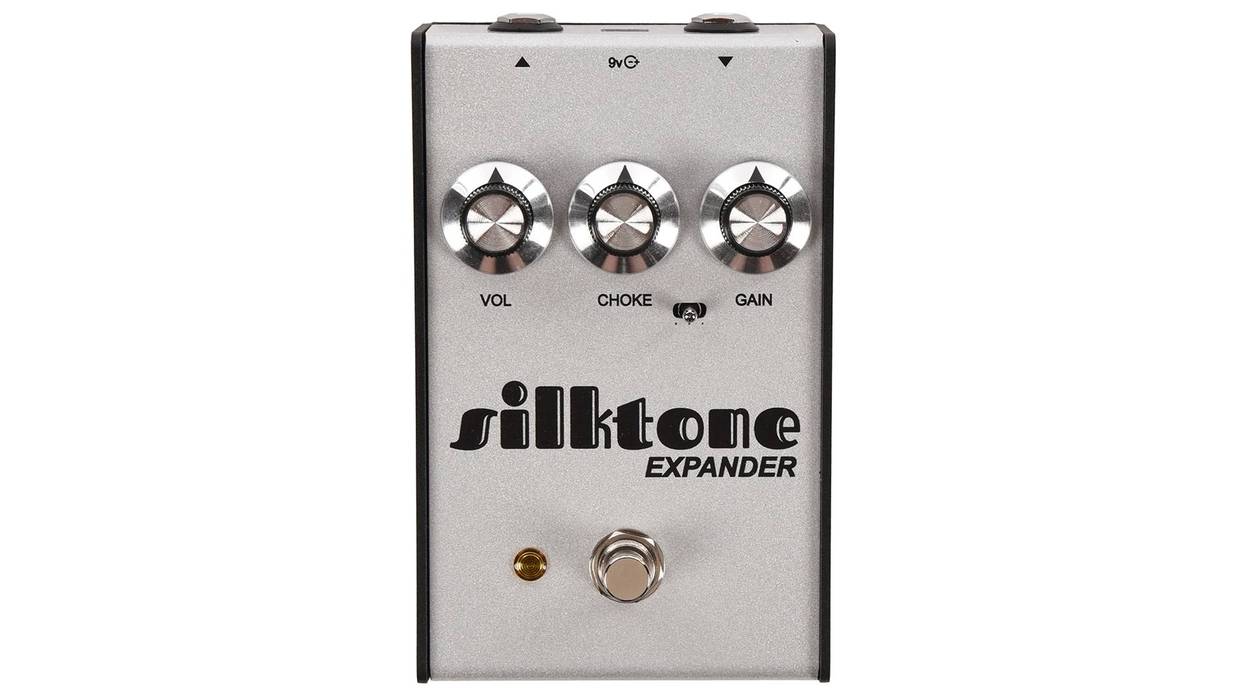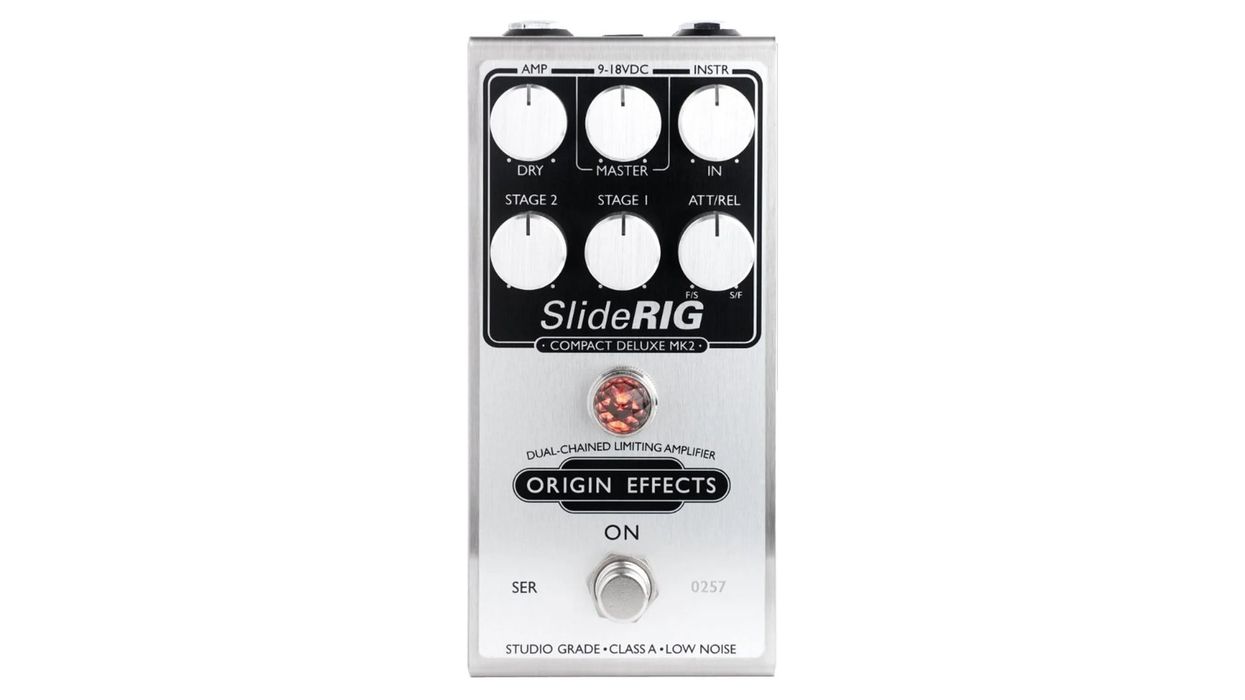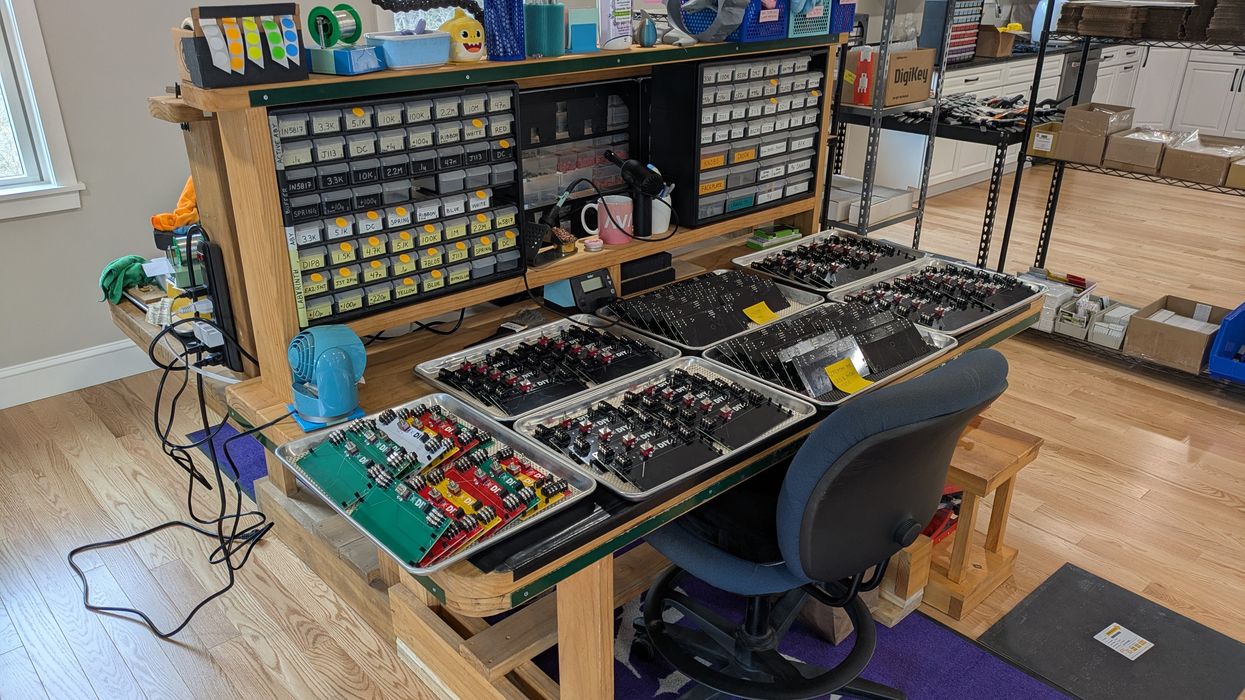Let’s begin this article with my personal experience as a pedal builder and a novice musician. One day, a customer messaged me, sounding a bit frustrated. “I received the pedal, but it won’t light up. Did it get damaged during shipping?” they said. I promptly began troubleshooting.
I started with clarifying the signal source, checking if the installation of the input and output jacks was correct, and, finally, inquiring about the power supply being used. To my surprise, he replied, “I’m using a laptop power adapter. Shouldn’t that work just fine? My laptop is in good shape with it. Have I made a mistake? By the way, this is my first pedal ever.”
For a moment, I couldn’t help but wonder how incidents like this were still occurring. It reminded me of a time 20 years ago when I struggled to power my pedal with a phone charger, and it happened to be at my first gig! Do you think this is a funny story? Definitely not! I’m sure most of us have been there at some point. Beginners in any field share two common traits: lack of knowledge and lack of experience. However, we’re currently in an era where a wealth of information is readily available at our fingertips, including this article, which I hope will serve as an informative artifact that is accessible to everyone.
“For a moment, I couldn’t help but wonder how incidents like this were still occurring.”
As pedal builders, we pay particular attention to power supplies, especially during the testing and quality-control processes. In fact, we’ve conducted experiments with various power supplies, ranging from the cheapest ones available on the market to ones made by well-known brands with a strong reputation.
During our experiments, we plugged all these power supplies into a variety of pedals and let them run continuously for a week. The results were astonishing: Two power supplies burned out, and one of them was from a renowned brand in the power supply universe.
We conducted these experiments not out of sheer curiosity. The electrical grid in our country, Indonesia, is notorious for its poor quality. Voltage fluctuations are common, and event organizers will sometimes haphazardly use power generators, lacking proper planning. That’s why we felt the need to experiment with power supplies and their impact on pedals. Moreover, I am fairly confident that most of us choose to buy a power supply as infrequently as possible, so we can spend our money on buying more and more pedals, adding some boutique overdrives, or expanding our collection with the latest and greatest delay units under the guise of “upgrading.”
Well, in the end, the choice between buying the fanciest delay unit and upgrading to a proper power supply is a matter of personal preference. If you can afford both at the same time, it’s undoubtedly a smart and ideal choice. However, are we always in an ideal situation? Most likely not. That’s why I’m using this platform to convey a message to all of you: A proper power supply, especially an isolated type, is the most valuable and crucial investment in a pedalboard! (Isolated power supplies offer one-to-one connections with the pedals on your ’board, so if one channel of the supply goes down, other pedals will remain powered.)
This becomes even more critical if you’re a touring musician with a highly complex pedalboard setup. In such cases, an isolated power supply is an absolute necessity. The stages you’ll visit can be unpredictable and even chaotic! No matter how advanced and costly your pedal collection is, if you’re using a low-quality power supply, all those sophisticated and expensive pedals are at risk of becoming useless or, worse, suffering fatal damage. This can occur due to voltage drops, which can lead to malfunctions or excessive, disruptive noise, rendering your entire setup completely useless.


